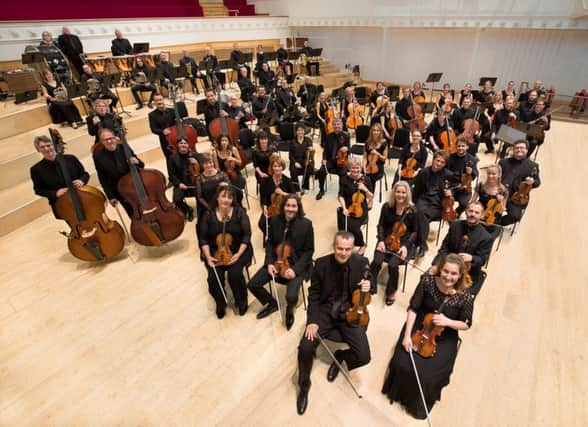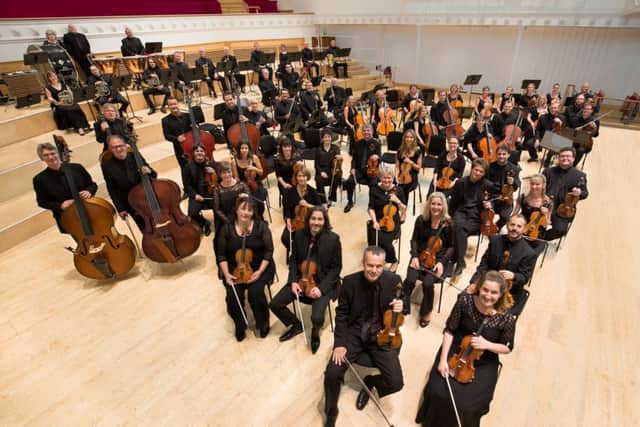Music review: Prom 14: BBC SSO & John Wilson| Prom 16: BBC SSO & Ilan Volkov


Royal Albert Hall, London ****
The composer content ranged from Holst and Mussorgsky to Liszt and Vaughan Williams, with the creative contemporary voice of 50-year-old Julian Anderson thrown in for good measure. Just as interesting were the distinctive responses from the orchestra under two very different conductors.
On paper, Wilson’s programme was a touch eccentric, combining the tough soundscapes and intellectual coolness of Vaughan Williams’ Ninth and final symphony with a score we’d all claim to know backwards, Holst’s astronomical delight The Planets. But the outcome was far from predictable, and endlessly fascinating.


Advertisement
Hide AdAdvertisement
Hide AdWilson found a refreshing clarity and purpose in the Vaughan Williams, the gentleman next to me claiming it was infinitely superior to the original premiere performance he had witnessed in 1958. Sure enough, there was an inner heat so often missed, which Wilson generated through his insistent control of colour and dynamic.
It’s what he does well in the Hollywood repertoire he is best known for, but by transferring that approach to this symphony, its true personality came alive. There was molten intensity at the start, a softening of hue by the mellow flugelhorn in the andante, sardonic mischief in the Shostakovich-like scherzo where the trio of saxophones mark their pungent presence, and a truly mystical beauty in the final andante.
Wilson’s interpretation of the Holst was no less informative. Again, the orchestral palate seemed to preoccupy him, as if cleaning up an old master. Details surfaced that often lie unnoticed - the thrilling organ glissando in “Uranus”, for instance – and the final fade-out by the CBSO Youth Chorus was utterly magical.
That said, Wilson’s performances didn’t always possess the same wholly comfortable, full-blooded orchestral response that Volkov’s inspired. Take the two Liszt symphonic poems, Hamlet and From the Cradle to the Grave, both receiving their first Proms’ performances. From the feverish psychological torment of the former to the all-embracing universal mysticism of the latter, Volkov probed deeply and convincingly.


So, too, his reading of Mussorgsky’s (Ravel-orchestrated) Pictures at an Exhibition did exactly what it says in the tin, serving up electrifying auditory translations of the original visual stimuli.
At the heart of Volkov’s programme, the premiere of Anderson’s piano concerto The Imaginary Museum, with Steven Osborne as soloist, bore equal translucence and fascination. Inspired by evocative images – “Janacek’s Wells”, “Sea” and “Forest Murmurs” are among the six movement titles – Anderson creates a concerto in which the pianist is variously protagonist and commentator. The wonderful moment where Osborne’s part was shadowed by synthesised prepared piano, or where the harpist employed a food whisk, summed up the many original colours that tickle the ears in this highly illuminating work.
KEN WALTON